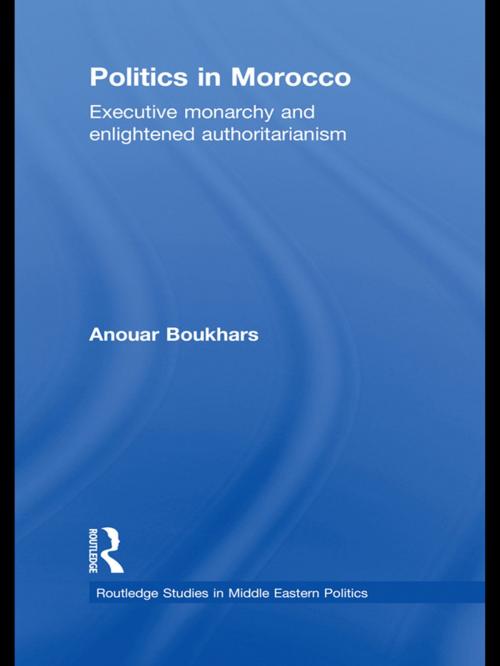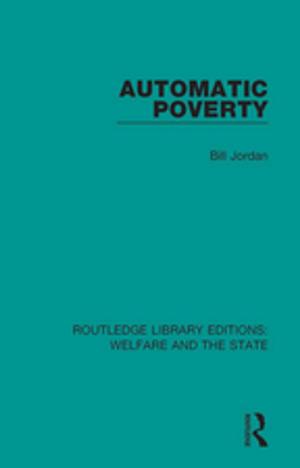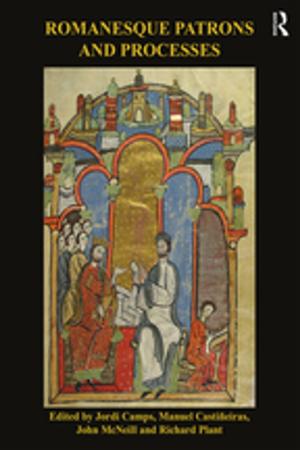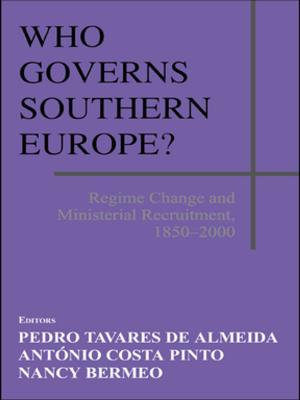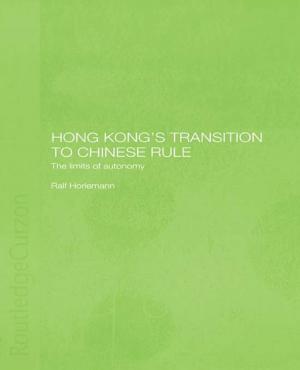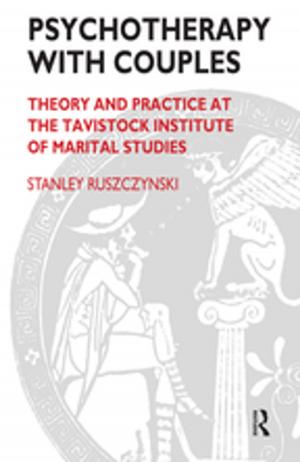Politics in Morocco
Executive Monarchy and Enlightened Authoritarianism
Nonfiction, History, Middle East, Social & Cultural Studies, Political Science, Social Science| Author: | Anouar Boukhars | ISBN: | 9781136952104 |
| Publisher: | Taylor and Francis | Publication: | July 12, 2010 |
| Imprint: | Routledge | Language: | English |
| Author: | Anouar Boukhars |
| ISBN: | 9781136952104 |
| Publisher: | Taylor and Francis |
| Publication: | July 12, 2010 |
| Imprint: | Routledge |
| Language: | English |
Democratization and the process of political reform is a critical issue in the contemporary Middle East and North Africa. This book looks at the situation in Morocco and examines the role of the monarchy and the relative strengths and weaknesses of the Islamic and secular/liberal groupings campaigning to shape the local politics and society.
Politics in Morocco moves beyond the theoretical framework of the transition paradigm to give a thorough analysis of the dynamics of monarchical authoritarian rule and its implications. The author explores the formal and informal working mechanisms of authoritarian rule, the roles and functions of secular opposition forces, and the dynamics of political inclusion of Islamists in the structures of formal contestation. In doing so, he sheds fresh light on how authoritarian rule under King Mohamed VI is maintained and legitimised by a wide array of formal and informal political and social networks.
This in-depth investigation of political participation in Morocco offers a new perspective on the issue of democracy and monarchical rule in the Middle East. As such, it will be of great interest to students and scholars of Middle Eastern and North African politics, democratization studies and political Islam.
Democratization and the process of political reform is a critical issue in the contemporary Middle East and North Africa. This book looks at the situation in Morocco and examines the role of the monarchy and the relative strengths and weaknesses of the Islamic and secular/liberal groupings campaigning to shape the local politics and society.
Politics in Morocco moves beyond the theoretical framework of the transition paradigm to give a thorough analysis of the dynamics of monarchical authoritarian rule and its implications. The author explores the formal and informal working mechanisms of authoritarian rule, the roles and functions of secular opposition forces, and the dynamics of political inclusion of Islamists in the structures of formal contestation. In doing so, he sheds fresh light on how authoritarian rule under King Mohamed VI is maintained and legitimised by a wide array of formal and informal political and social networks.
This in-depth investigation of political participation in Morocco offers a new perspective on the issue of democracy and monarchical rule in the Middle East. As such, it will be of great interest to students and scholars of Middle Eastern and North African politics, democratization studies and political Islam.
